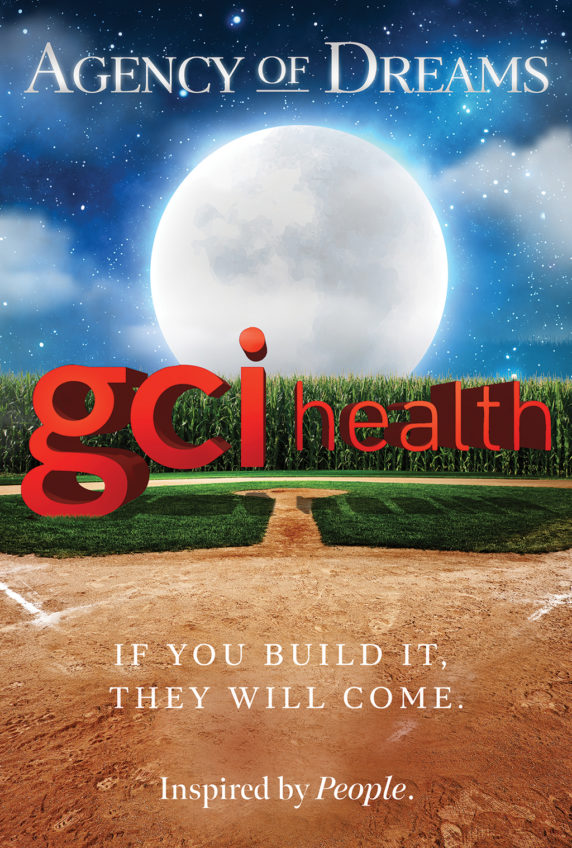Even before factoring in the once-in-a-lifetime global pandemic, 2020 would prove a time of transition for GCI Health.
In November, agency CEO Wendy Lund announced she would be departing at year’s end to become chief communications officer at Organon, Merck’s women’s health spinoff. During Lund’s decade-plus tenure, GCI Health had expanded from a small PR shop to a well-rounded communications juggernaut with 22 offices across North America, Europe and Asia.
But in many ways, GCI Health was prepared. The firm’s need to communicate between far-flung offices meant it had experience working virtually long before COVID-19. And in agency veteran Kristin Cahill, it had a prepared plug-and-play successor for Lund. Cahill had spent the past five years as president of GCI Health’s North American region, the firm’s largest, and had been with the agency since 2003.
“Wendy and I were very much in lockstep in terms of the vision for the agency, the strategy and the direction,” Cahill says. “So the goal in my first few months in this new role has been to keep the foundation, reputation and culture that we’ve built headed in the same direction.”
Cahill may have been a familiar face in the C-suite, but the firm bolstered its executive ranks with several additional outside hires. They included AstraZeneca’s Dawn Christian as the agency’s first SVP of inclusion, equity and diversity; Ketchum’s Bailey Roy as VP, data and analytics; and Edelman’s Ryan Kuresman as group SVP, public affairs and health policy, a role in which he’ll oversee GCI Health’s reinvented public affairs offering.
The agency has been invested in global health programs for years, but Cahill says that “a strong policy piece to bring it all together” had been missing. The revamped offering will focus on public health assignments that she describes as “grounded in global agendas, buoyed by advocacy and solidified by policy.”
As an example, she cites work GCI Health did last year alongside the Bill & Melinda Gates Foundation to define the pandemic as a moment of reckoning for public health. The agency also backstopped a virtual dialogue series with stakeholders about the need to advance and innovate in the treatment of neglected tropical diseases.
In all, the agency added 28 assignments in 2020, from pharma giants (Merck, Janssen, GlaxoSmithKline, Eisai), biotechs (Ionis, Biogen), medical aesthetics and devices firms (Sientra, Vyaire Medical) and medical financing/solutions companies (CareCredit, Omnicell). MM+M estimates that revenue rose to $98.5 million in 2020, up from an estimated $77.5 million in 2019. Staff size spiked from 205 at the start of 2020 to 294 at the end of it.
Looking ahead, Cahill sees plenty of opportunity. “A lot of our clients have embraced authenticity and transparency, and a less formal way of communicating with stakeholders in light of COVID,” she explains. “I would love to see that trend continue, because there’s such a huge opportunity for us to transform the way the industry engages and shows up.”
. . .
The idea I wish I had…
Nike’s You Can’t Stop Us campaign with Megan Rapinoe. It is simple, inspiring and very on-brand for Nike. We talk a lot about authenticity in action — making sure that you are coming from a place that feels true to your beliefs and behaviors as a brand or organization. The ad was a great example of that mantra. — Kristin Cahill
From the June 01, 2021 Issue of MM+M - Medical Marketing and Media








